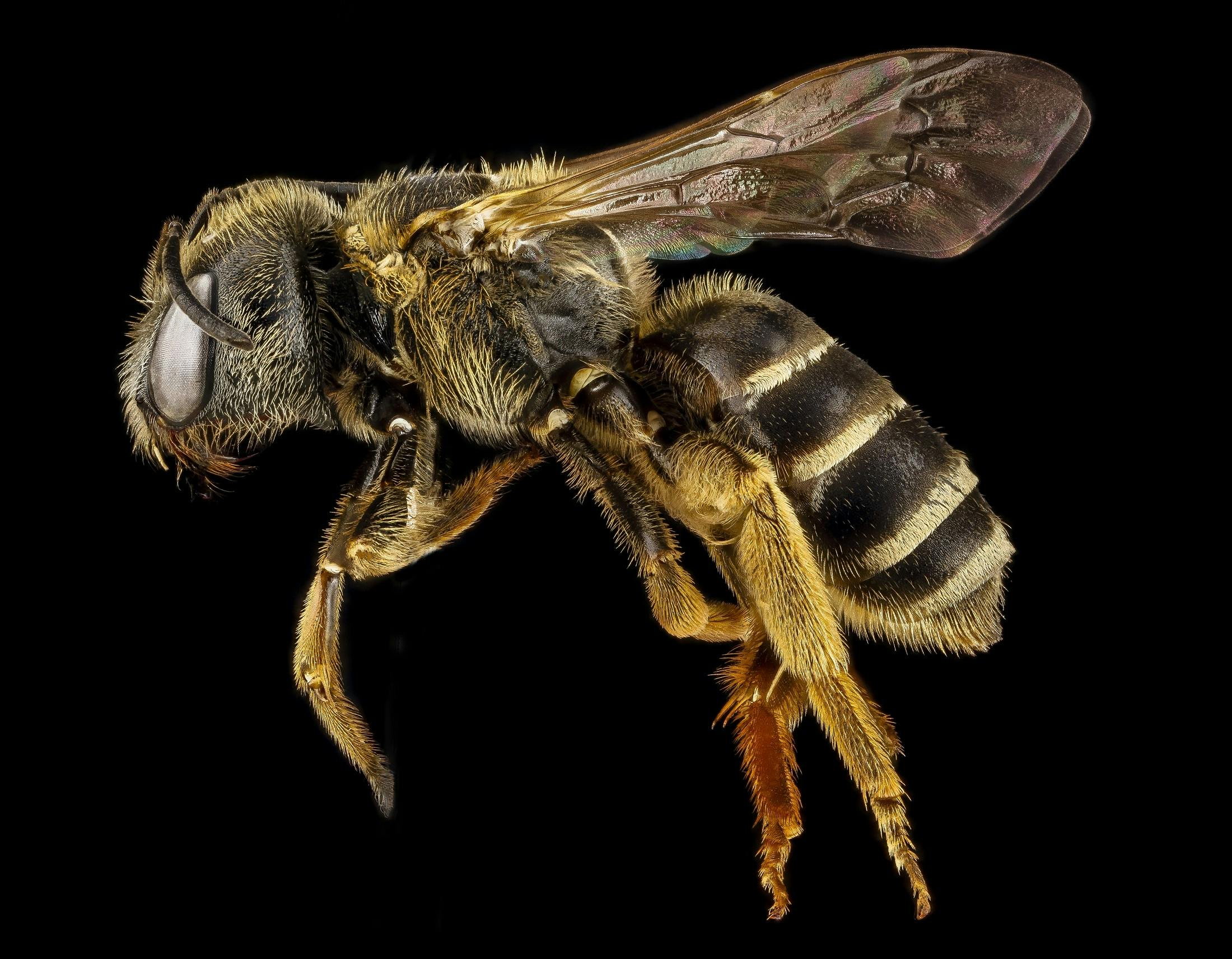Bee Facts: The Importance of These Amazing Insects
Bees are some of the most important insects on the planet, and their impact on our lives is immeasurable. These fascinating creatures play a vital role in pollinating crops, producing honey, and maintaining the balance of the ecosystem. In this article, we’ll explore some interesting facts about bees and their importance to our world.
Types of Bees
There are over 20,000 known species of bees in the world, and they come in all shapes and sizes. The most common types of bees are honeybees, bumblebees, and solitary bees. Honeybees are social insects that live in large colonies, while bumblebees are also social but in smaller groups. Solitary bees, as their name suggests, live alone and do not form colonies.
Importance of Bees
Bees are crucial to the world’s food supply. They are responsible for pollinating over 70% of the crops that feed humans. Without bees, we would have to rely on other methods of pollination, such as hand pollination, which is expensive and time-consuming. Bees are also important for the reproduction of wild plants, which form the foundation of many ecosystems.
In addition to their pollination services, bees produce honey, which has been valued for its nutritional and medicinal properties for thousands of years. Honey is also used in a variety of food products and cosmetics.
Bees are also important indicators of the health of the environment. Because they are sensitive to changes in their surroundings, declines in bee populations can signal broader problems in the ecosystem. For example, declines in bee populations have been linked to the use of pesticides and other chemicals in agriculture.
Threats to Bee Populations
Unfortunately, bee populations are facing numerous threats, and many species are declining in numbers. One of the biggest threats to bees is habitat loss. As humans continue to expand into natural areas, bee habitats are destroyed, making it difficult for bees to find the food and shelter they need.
Another major threat to bees is pesticide use. Pesticides can be toxic to bees, and exposure to these chemicals can lead to declines in bee populations. Climate change is also a concern for bees, as changes in weather patterns can disrupt the timing of flowering plants, which can make it difficult for bees to find food.
What Can You Do to Help Bees?
There are several things you can do to help support bee populations. Planting native flowers and plants is one of the best ways to provide food and shelter for bees. Avoiding the use of pesticides and chemicals in your garden is also important. Finally, supporting local beekeepers and buying local honey can help support bee populations in your area.
Conclusion
Bees are some of the most important insects on the planet, and their role in pollinating crops, producing honey, and maintaining the balance of the ecosystem cannot be overstated. Unfortunately, bee populations are facing numerous threats, and many species are declining in numbers. By taking action to support bee populations, we can help ensure that these fascinating creatures continue to thrive for generations to come.


Comments
Post a Comment